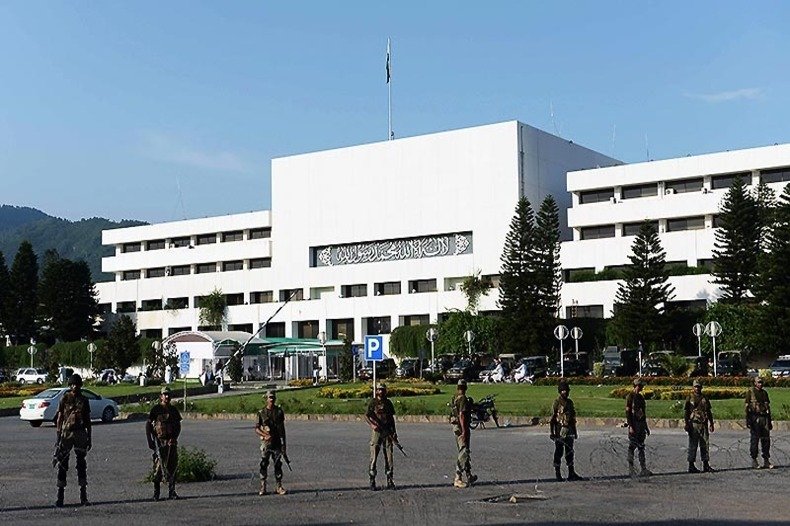On June 10, Pakistan’s government presented the annual budget of 9.52 trillion Pakistani rupees for the fiscal year 2022-23.
This budget is created keeping an aim in mind to increase the economic growth of the country by 5%. However, it has a significant impact on several industries, especially the real estate sector, to face new consequences with regard to the new tax policies.
How Does The Government Use Taxes?
Government organisations impose taxes on taxpayers to fund public expenditures. Every citizen falling under the criteria of being a taxpayer is inclined to pay regular taxes. Failing or refusing to pay imposed taxes is punishable by law. There are both direct and indirect taxes that can be paid either by money or by labour.
The government uses these funds to work on the facilities that are built to help the general public, and taxes are used for the betterment of the country as a whole. Every sector has a separate taxation policy, and the government has made some changes in the tax policy with the recent budgeting.
In this article, we are going to discuss what are the changes that the government has made and how those changes affect the real estate industry.
Property Tax
The new budget has revealed that it is essential to pay 1% property tax on property that is worth more than 25 million rupees. This means that whoever owns a property that is worth more than 25 million Pakistani rupees, his income will be considered 5% rental income, and he will be inclined to pay 1% tax according to the fair market share.
However, if you are living in a house, regardless of its value, you will be exempt from this tax. This exemption ensures that people don’t have to pay for their primary residence; otherwise, it might become hard for them to keep their houses.
Advance Tax
The new taxation policy has increased the tax rate from 1% to 2% for filers. For non-filers, on the other hand, who were subjected to a 2% penalty before, the new policy has increased their tax rate to 5%, so it becomes even more difficult for them to stay out of tax paying. This drastic change is made in the policies in the hope that this might convince them to become a filer.
While it is a difficult task to make it work because most non-filers will again find a way to avoid paying taxes; however if they succeed in changing non-filers into filers, it will be a great victory for Pakistan’s economy.
Capital Gains Tax
Before this new budget was released, the time for capital gain tax payment on the property was till four years. However, with the new budget, the government has increased this time from four to six years. The aim behind making this change is to make people hold on to their properties for a more extended period of time. It will prevent them from changing properties rapidly and force them to stick to one. It is a great way to encourage people to buy properties in productive areas rather than investing and holding onto unproductive areas. The new taxation policy states that if you own a property for one year, you will have to pay 15% tax, and every year this tax rate will be reduced to 2.5%, which means the longer you keep the property, the less tax you will have to pay.
Conclusion
These are some of the changes and their impacts on the real estate sector in Pakistan. While nothing can be said indeed about the changes these new policies will have on the industry, one thing that looks certain is that there could be a decline in transactions and investment in the industry.
If you want to know anything regarding real estate investment. Contact Muskun Investments, and their agents will help you invest in the most profitable property that will allow you to get a secure future.






